Tungsten battery lets businesses grab billion-dollar market share
The MHT’s $50.7 million investment into Nyobolt marks the beginning of H.C. Starck (a subsidiary of MHT) participating in the global battery market. The tungsten-based cathode coatings in HCS’s lithium-ion battery technology, in conjunction with Nyobolt’s unique niobium and tungsten-based anode coatings aim to create a breakthrough for the global EV battery-manufacturing industry.
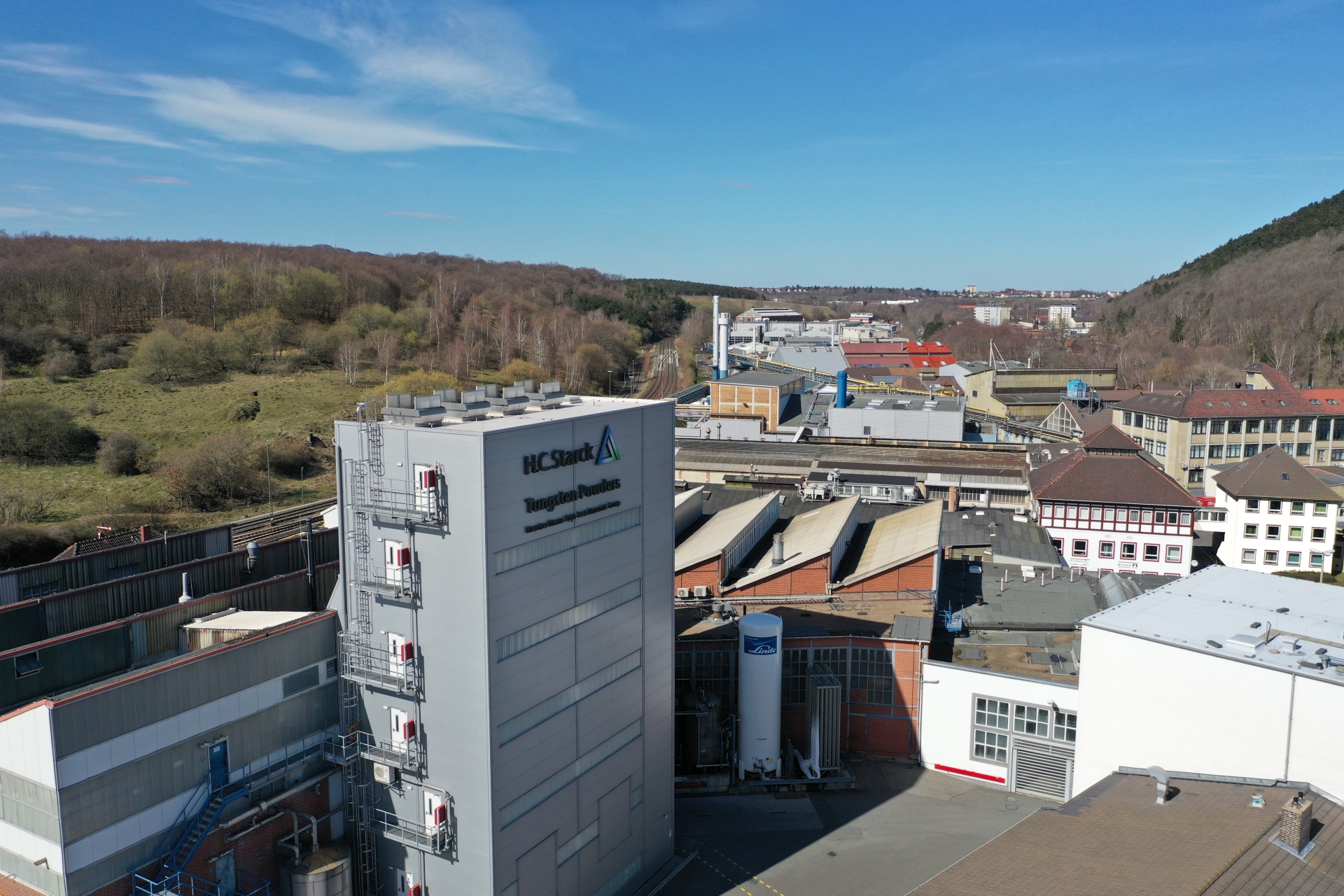 |
According to data at the end of 2021, approximately 4.2 million electric vehicles (EVs) were sold globally, a dramatic rise compared to sales of about 2 million and 1.4 million vehicles in 2020 and 2019, respectively. The rapid increase in the number of electric vehicles has seen the battery market for these new-generation vehicles grow continuously on year.
It is forecast that in the 2020-2030 period, the battery market is expected to grow 17-fold due to the increasing consumption of rechargeable batteries and the development of the electric vehicle industry. It is estimated that by 2026, the total value of the electric vehicle battery market can reach up to $200 billion.
However, a big challenge for the current EV-battery manufacturing industry is that it relies primarily on raw materials exploited from nature, such as lithium, lead, zinc, cobalt, nickel, etc. The increasing demand of the market has made these materials become more expensive.
The tungsten battery is being commercialised by HCS and Nyobolt for launch soon. This will show significant progress in the EV-battery manufacturing industry. According to the target, by 2026, this new technology battery stream will enable HCS and Nyobolt to gain access to a market share of approximately $26.3 billion in the global EV-battery market.
According to Sai Shivareddy, general director and co-founder of Nyobolt, the electrification trend through sustainable energy is taking place around the world very strongly, so fast charging will be a challenge for electric-powered products, and now, Nyobolt technology can address this issue.
Thanks to the unique niobium and tungsten-based anode systems, the Nyobolt’s Li-ion batteries can achieve ultra-fast charging capabilities of up to more than 95 per cent in only 5 minutes. The battery offers long-term capacity retention with 10 times greater durability and energy density, higher heat resistance, and more safety for users.
CEO of Masan High-Tech Materials, Craig Bradshaw said, “Take your mobile as an example -- the battery in your mobile phone will wear out and continue to degrade after three years of use; although the phone is still working, it needs to be replaced because the battery is no longer good. Our research on the use of tungsten in battery production shows very positive results. The battery will not degrade over time. You will get a battery that will last much longer, and as a result, there will be cost-effectiveness and less waste in the world”.
Promoting the circular economy
The collaboration between Nyobolt and HCS not only makes economic sense when pursuing profitable market share in the hundreds of billions of dollars battery market but also helps both companies advance ESG (environmental, social, and governance) strategies for mitigating global environmental impact.
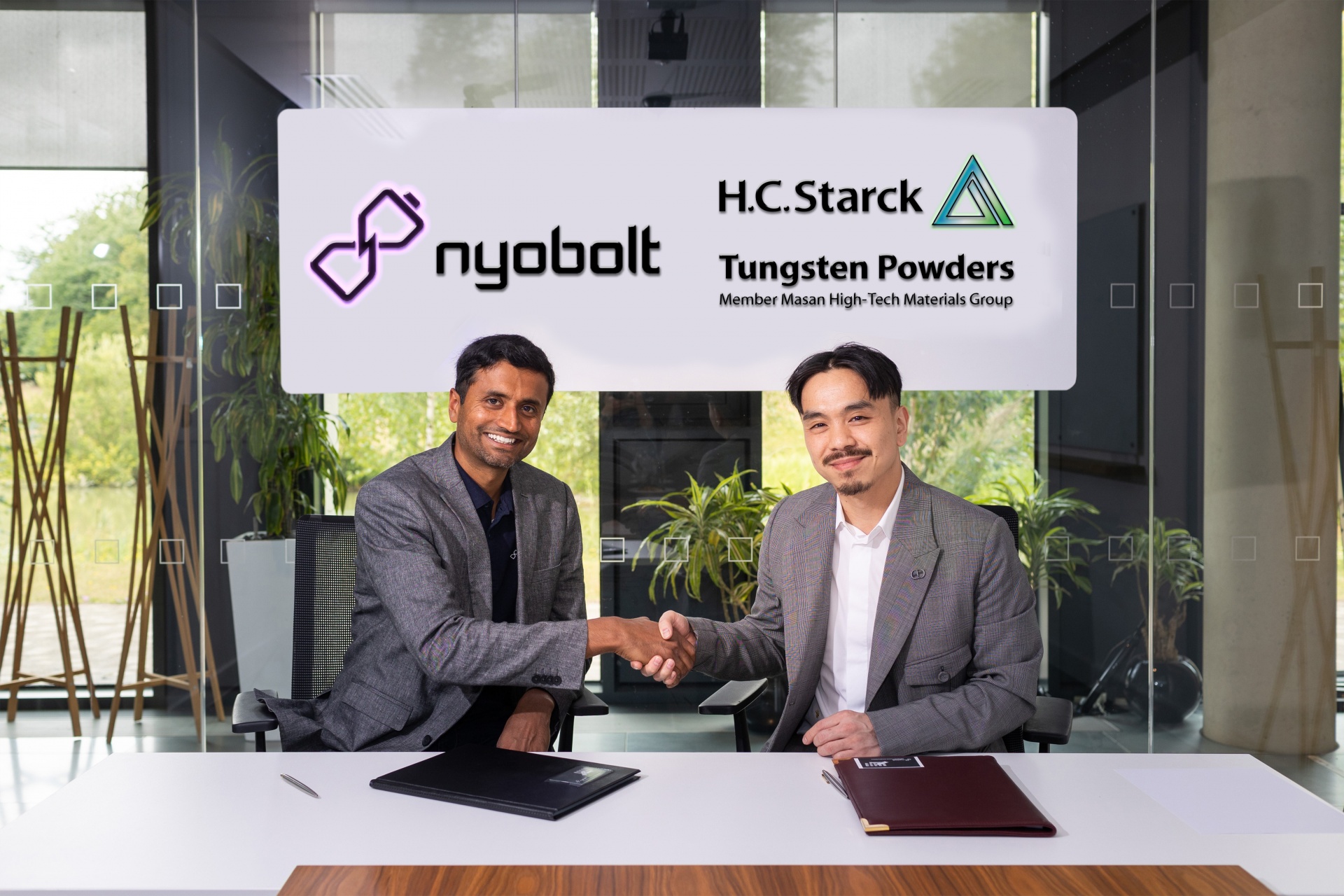 |
Manufacturing batteries with ultra-high power and safety is critical to promoting global battery adoption and application. In addition, this tungsten-based battery will enable MHT to realise its vision. By 2027, this company will not only become the world’s leading supplier of high-tech materials but directly participate in and drive the global market for rechargeable batteries and other technology consumer products. Instead of merely supplying materials for manufacturing aircraft, smartphones, cars, etc., MHT is heading towards the manufacturing of practical consumer products.
According to Bradshaw, tungsten now has the opportunity to be a critical and strategic material in the battery manufacturing industry, and this is also a competitive advantage of MHT as the world’s leading supplier of advanced high-tech tungsten materials and the largest manufacturer of midstream tungsten products outside of China. This is a special competitive advantage of HCS to supply the strategic and advanced materials throughout the essential value chain for the battery manufacturing process of Nyobolt.
HCS owns the black mass recycling technology, which helps reduce environmental pollution from the source of used batteries, which is also an important premise for developing the global battery recycling industry and fostering sustainable development through the circular economy.
Prof. Clare Gray, Nyobolt scientist and co-founder said that this new technological solution in battery manufacturing would enable products to have a vast diversity of applications, touching all aspects of daily life.
“Nyobolt expects that the new technology in battery manufacturing will enable net zero in not only the electrification of transport but also the storing of clean and renewable energy on and off the grid and contribute to achieving the clean energy goals set by governments around the world,” she said.
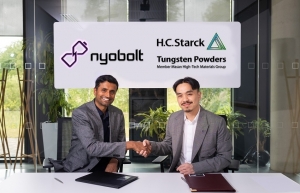 | H.C. Starck invests over $50 million into Nyobolt H.C. Starck Tungsten Powders (HCS), a wholly-owned subsidiary of Masan High-Tech Materials (MHT), on July 15 announced the signing of agreements to invest approx. €52 million into Nyobolt Ltd. |
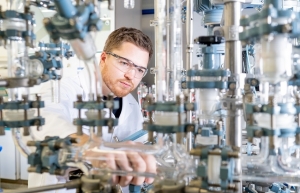 | Tungsten recycling in advanced battery technologies H.C. Starck Tungsten Powders, a subsidiary of Masan High-Tech Materials, has partnered with Nyobolt to develop high-performing, quick-charging, and eco-friendly Lithium-ion (Li-ion) battery products. |
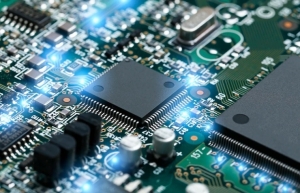 | Tungsten riches not yet in grip of giants While Vietnam wants to become a top supplier of tungsten for major tech companies, strict controls on source information mean achieving that goal is not guaranteed. |
What the stars mean:
★ Poor ★ ★ Promising ★★★ Good ★★★★ Very good ★★★★★ Exceptional
Related Contents
Latest News
More News
- State corporations poised to drive 2026 growth (February 03, 2026 | 13:58)
- Why high-tech talent will define Vietnam’s growth (February 02, 2026 | 10:47)
- FMCG resilience amid varying storms (February 02, 2026 | 10:00)
- Customs reforms strengthen business confidence, support trade growth (February 01, 2026 | 08:20)
- Vietnam and US to launch sixth trade negotiation round (January 30, 2026 | 15:19)
- Digital publishing emerges as key growth driver in Vietnam (January 30, 2026 | 10:59)
- EVN signs key contract for Tri An hydropower expansion (January 30, 2026 | 10:57)
- Vietnam to lead trade growth in ASEAN (January 29, 2026 | 15:08)
- Carlsberg Vietnam delivers Lunar New Year support in central region (January 28, 2026 | 17:19)
- TikTok penalised $35,000 in Vietnam for consumer protection violations (January 28, 2026 | 17:15)

 Tag:
Tag:




















 Mobile Version
Mobile Version